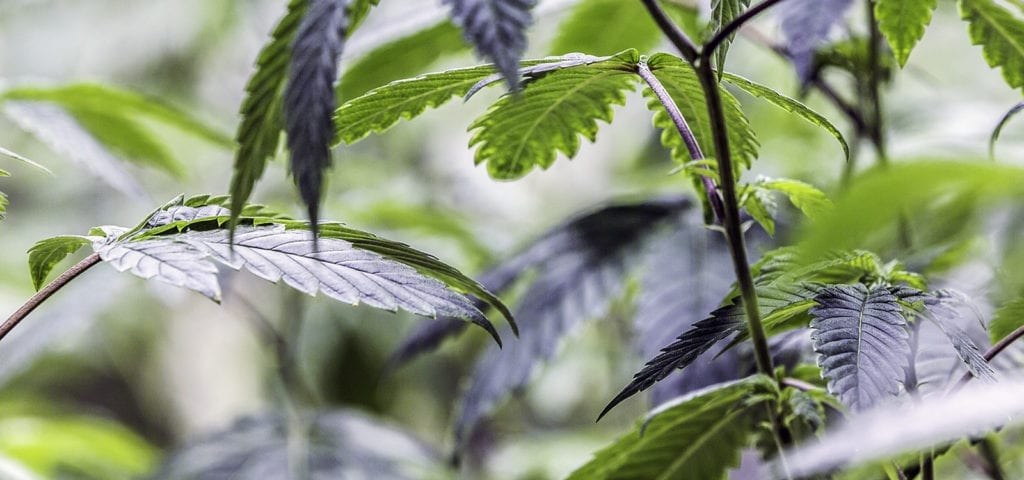A study by RTI International shows a link between states that have permissive medical cannabis laws and higher rates of mental illness, The Herald Sun reports. The study used data from 630,000 people collected between 2008 and 2015. The study did not examine mental health rates in these same states before passing medical cannabis laws; for this reason, the study cannot determine if medical cannabis is the cause of these higher rates of mental illness or only correlated.
The RTI study concluded that states with permissive medical cannabis laws, meaning medical cannabis laws that allow cannabis consumption to treat non-life-threatening conditions like mild anxiety or sleep issues, had mental illness rates 2 percent higher than the national average and states with restrictive medical cannabis laws, which only allow consumption for life-threatening conditions like cancer or seizures.
Several studies over the previous 20 years have shown links between cannabis consumption and mental illness. However, their relationship is often difficult to untangle. Paul Armentano, deputy director of The National Organization for the Reform of Marijuana Laws (NORML), said the relationship between brain disorders and cannabis isn’t clear.
“The relationship between marijuana use and mental illness is not well understood and it appears to be fairly complicated. It could be that people with mental illness are self-medicating. … It’s also possible that in some cases marijuana may exacerbate these latent conditions.” — Paul Armentano, Deptuy Director for NORML, in the report
A research review published in Current Psychiatry Reports in 2016 cautions that problems with behavior are often the cause of cannabis consumption and not the other way around.
“It has been argued that even if we are uncertain that cannabis actually causes psychosis, it is better to err on the side of caution and warn cannabis users, psychiatric patients and the general public about this potential danger of cannabis use… However, those adolescents most at risk for beginning cannabis use are already suspicious about the official warning messages when it is perfectly clear that cannabis use is not approved by the general society. If we wish scientists to be taken seriously when we do discover real and substantial dangers, then we believe it would be better to avoid behaving like ‘the boy who cried wolf.’” — Current Psychiatry Reports, via The Herald Sun
